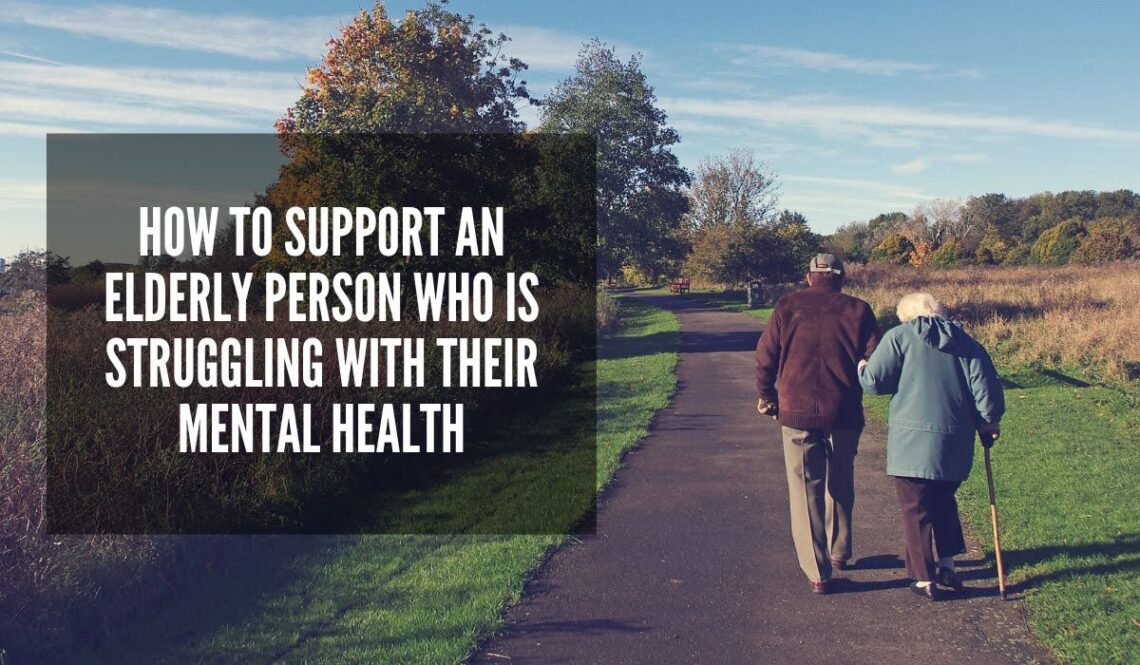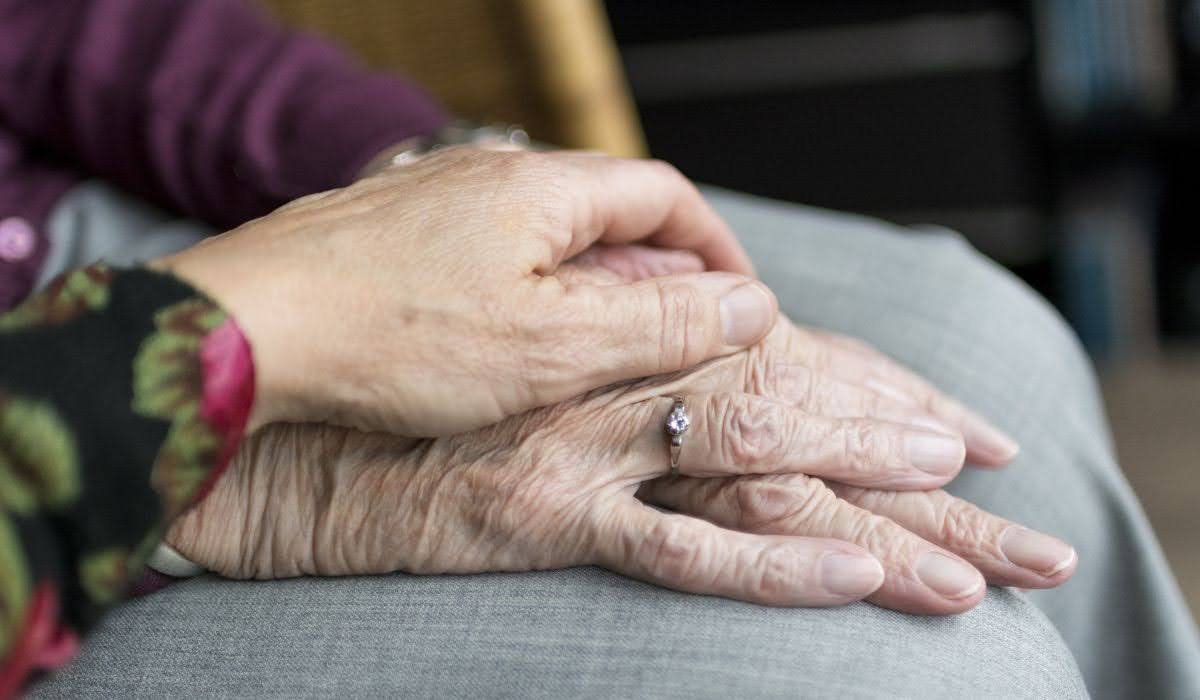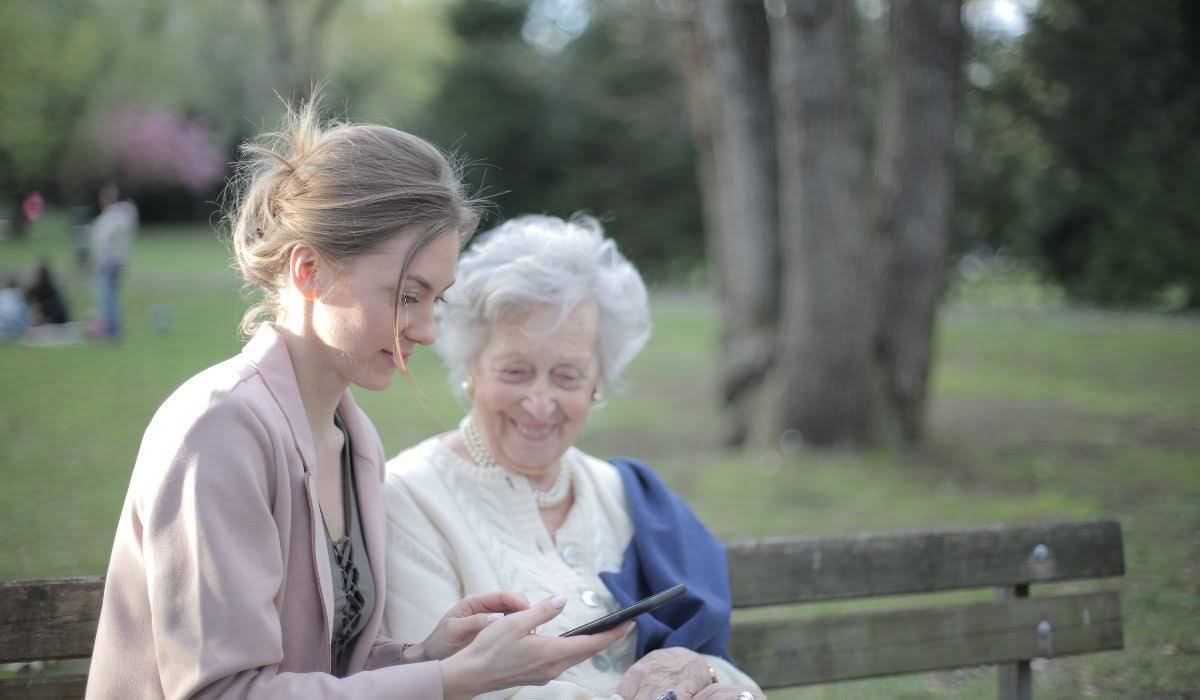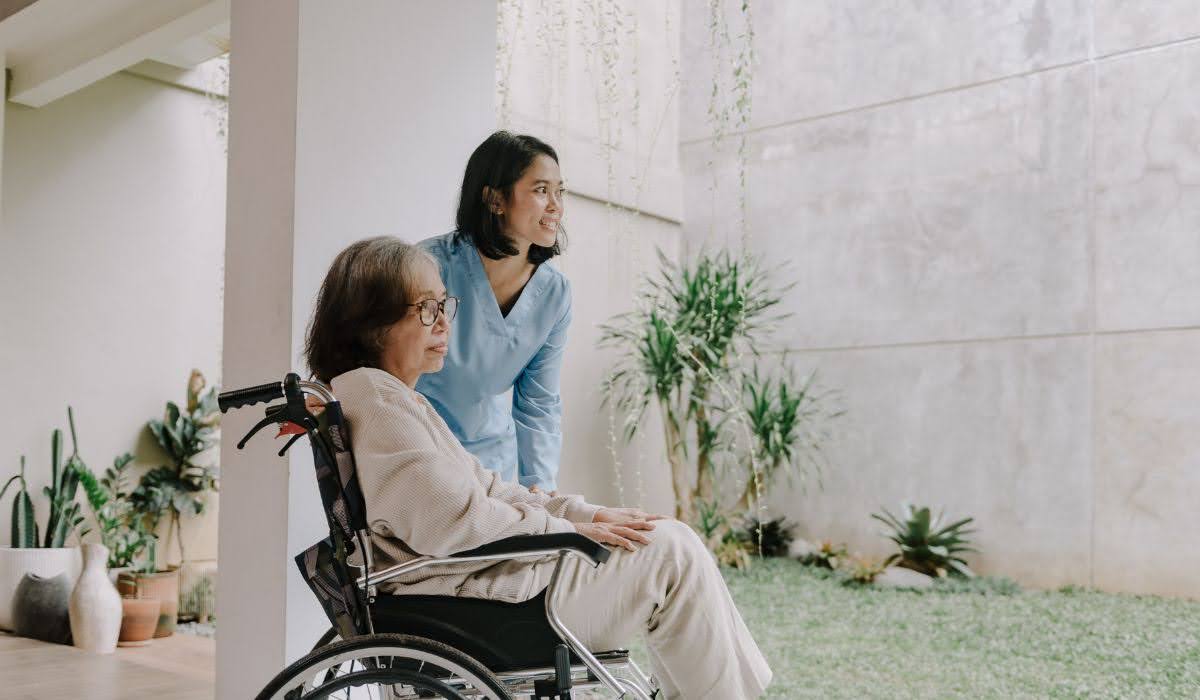
How to Support an Elderly Person Who Is Struggling with Their Mental Health
As we age, life throws unique challenges our way. For elderly individuals, mental health can become a concern due to factors like isolation, physical limitations, and the loss of loved ones. This guide will equip you to recognise signs of mental health struggles in your elderly family member or friend, and offer them the support they need to thrive.
Spotting the Signs
- Mental health issues in seniors can manifest differently than in younger adults. Here’s what to watch for:
- Cognitive Changes: Increased confusion, forgetfulness, or difficulty concentrating can be linked to depression or anxiety.
- Social Withdrawal: A loss of interest in hobbies or social activities they once enjoyed could indicate a deeper issue.
- Changes in Daily Habits: Significant shifts in appetite or sleep patterns can be warning signs.
- Emotional Shifts: Expressions of sadness, hopelessness, or increased worry shouldn’t be dismissed.
Communicating with Care
Effective communication is key to supporting your loved one. Here are some tips:
- Patience and Empathy: Approach conversations with understanding. They might be battling physical and emotional challenges.
- Clear Communication: Speak clearly and simply, avoiding complex language that might overwhelm them.
- Active Listening: Give them space to share their feelings without interruption. Show genuine interest in what they have to say.
Providing Meaningful Support
Once you’ve identified potential concerns, here’s how to offer support:
- Combat Isolation: Encourage social interaction. Help them stay connected with friends and family through regular visits, phone calls, or participation in senior centres or community activities.
- Professional Help: Gently suggest consulting a mental health professional specialising in geriatric care. Offer to help them find a therapist or counsellor who feels like a good fit. Consider courses like “Accidental Counsellor” to equip yourself with skills to better support them on their journey.
Additional Tips:
- Involve their doctor: Talk to their primary care physician about any concerns you have. They can provide a professional evaluation and recommend treatment options.
- Focus on well-being: Encourage healthy habits like regular exercise, balanced meals, and getting enough sleep. These practices can significantly impact mental health.
- Respect their autonomy: Offer support, but ultimately, respect their decisions.
Resources
- Promote Professional Help: Suggest consulting a mental health professional and offer assistance in finding one. Courses like Accidental Counsellor Course and Mental Health First Aid can provide you with skills to support elderly individuals effectively.
By recognising the signs, communicating effectively, and providing a supportive environment, you can make a world of difference in the mental well-being of an elderly loved one. Remember, you don’t have to navigate this alone. There are many resources available to help, and even small gestures can have a big impact.





